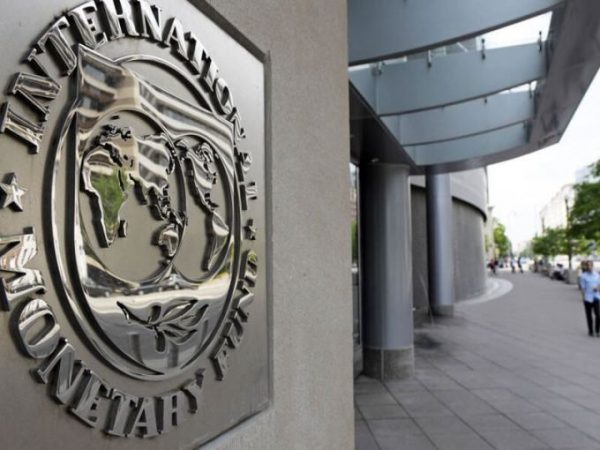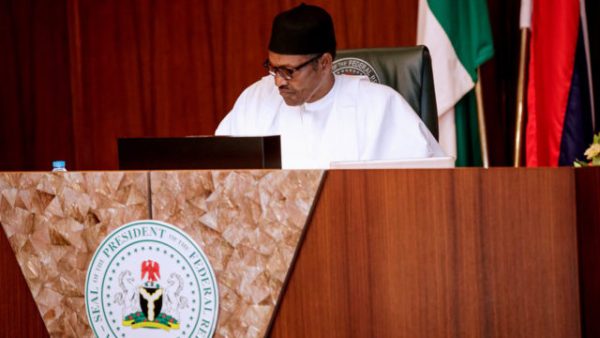Nigeria Faces Six-Year Delay In Achieving SDGs, Says IMF
 Nigeria faces a six-year delay in achieving Sustainable Development Goals, according to the International Monetary Fund.
Nigeria faces a six-year delay in achieving Sustainable Development Goals, according to the International Monetary Fund.
The Managing Director, IMF, Kristalina Georgieva, said this on Tuesday in a statement titled ‘UN high level political forum on sustainable-development’.
She said as countries worked to beat the COVID-19 pandemic and ensure recovery, they must also work to give everyone a fair shot at the future that was sustainable, more resilient, and more inclusive, which would march toward the Sustainable Development Goals.
Georgieva said, “Our staff recently presented new research on how the crisis has set back the path to the SDGs.
“We analysed the financing gaps to achieve the SDGs in five key sectors: education, health, roads, electricity, and water and sanitation.
“And we applied this framework to four country case studies – Rwanda, Nigeria, Pakistan, and Cambodia. Not surprisingly, achieving the SDGs will be even more challenging after the pandemic.
“To be more specific, what we are assessing is that the financing needs of the SDGs will increase by an average annual two and a half percentage points of Gross Domestic Product, or almost $60bn per year for all low income countries.
“In other words, the road to travel has become tougher. Enormous challenges are faced by all countries with high vulnerabilities.
“In Nigeria, for instance, because of the pandemic, the country faces a six-year delay in achieving its SDGs. In Rwanda, it is five years.”
She said that the IMF raised its global growth forecast to six per cent in 2021 and four per cent in 2022, adding that it recognised the exceptional and synchronised fiscal and monetary actions by policymakers around the world to cushion the impact of the crisis.
Without them, she said, the recession in 2020 would have been three times worse which would have been another great depression.
She said, “But the overall positive growth picture masks dangerously uneven developments. After a crisis like no other comes a recovery like no other.
“Countries with strong capacity to support their economies and high rates of vaccinations are seeing bright prospects and are powering ahead. Those with limited policy space and delayed vaccinations are still in the shade. They are falling behind.’
For the first time in 20 years, she said, the unthinkable was happening.
The IMF boss said, “We are losing the fight against poverty. Global poverty is significantly increasing.”
According to her, it was an economic calamity and a human tragedy.







